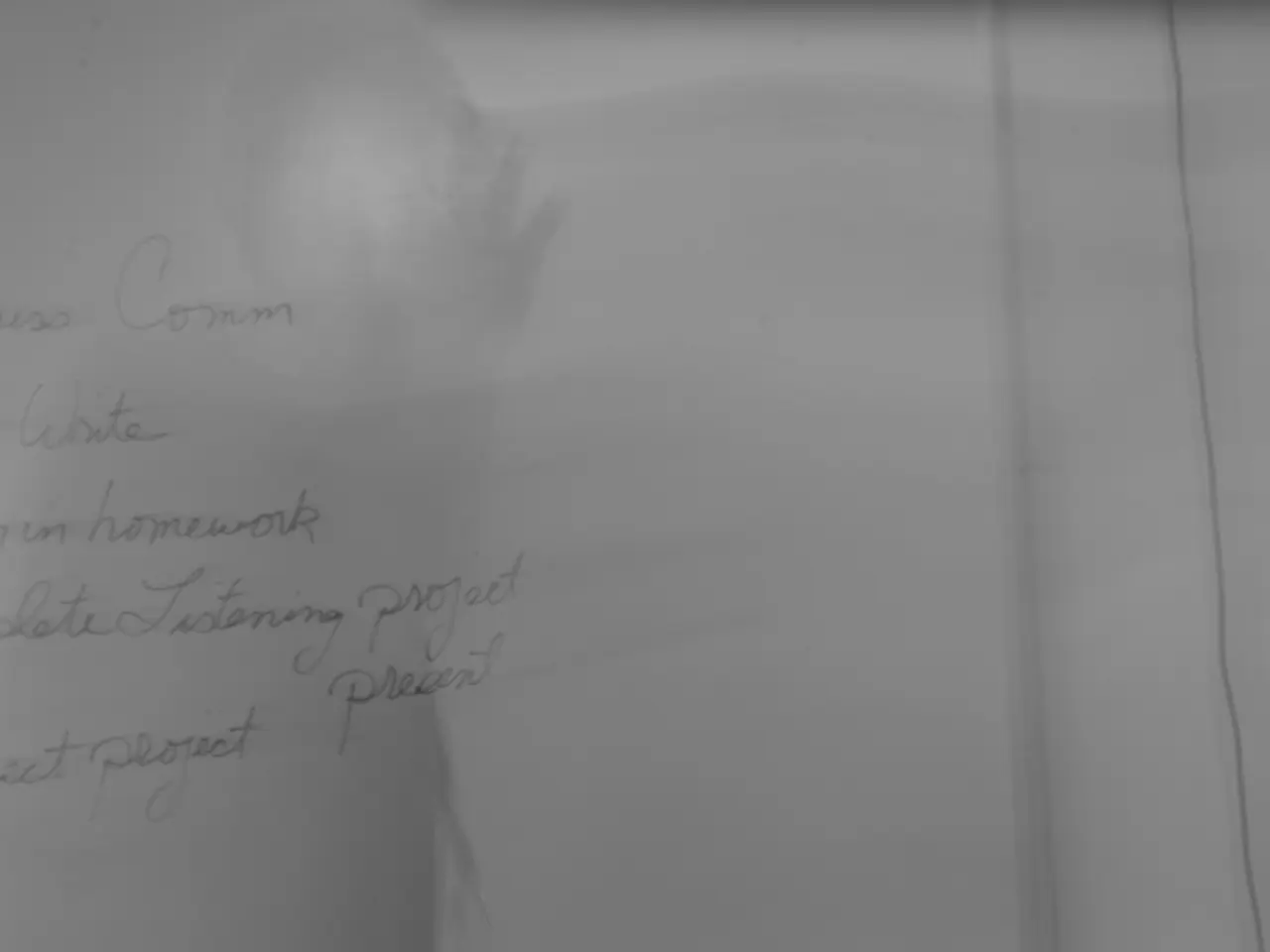TSMC Reports Strong H1 2025 Results, Invests in Arizona Foundries
Taiwan Semiconductor Manufacturing Company (TSMC), the world's leading semiconductor foundry, has reported impressive financial results in the first half of 2025. The company has allocated a significant portion of its capital expenditures to building foundries in Arizona, while also beating revenue estimates for the past four quarters. TSMC's market share in the semiconductor foundry industry stands at over 70%.
TSMC's capital expenditures in the first half of 2025 reached almost $20 billion, with a substantial portion dedicated to constructing foundries in Arizona. This investment comes as the compound annual growth rate (CAGR) for AI is forecasted to be 32% through 2033 by Grand View Research, indicating a strong demand for advanced semiconductors.
TSMC's revenue has seen a remarkable increase of 40% in the first half of 2025 compared to the same period in 2024. The company expects revenue between $31.8 billion and $33 billion in Q3 2025, representing a 38% rise at the midpoint. Despite these positive financial indicators, TSMC's P/E ratio stands at 33, which is relatively low given the company's growth rate.
TSMC's dominance in the semiconductor industry, with over 70% market share, is a testament to its leading role in producing the world's most advanced semiconductors, crucial for AI advancements. However, geopolitical tensions surrounding Taiwan pose a risk to TSMC's operations. Notably, Warren Buffett, the renowned investor, sold his shares in TSMC, citing reassessments of geopolitical risks due to China's claim over Taiwan. TSMC is set to release its Q3 2025 earnings on Oct. 16, providing further insights into the company's performance.
Read also:
- Web3 social arcade extends Pixelverse's tap-to-earn feature beyond Telegram to Base and Farcaster platforms.
- Germany's Customs Uncovers Wage, Immigration Violations in Hotel Industry
- Thriving once more: recovery of the gaming sector's downfall
- U.S. & China Agree to Temporary Trade Truce, Easing Tariffs







